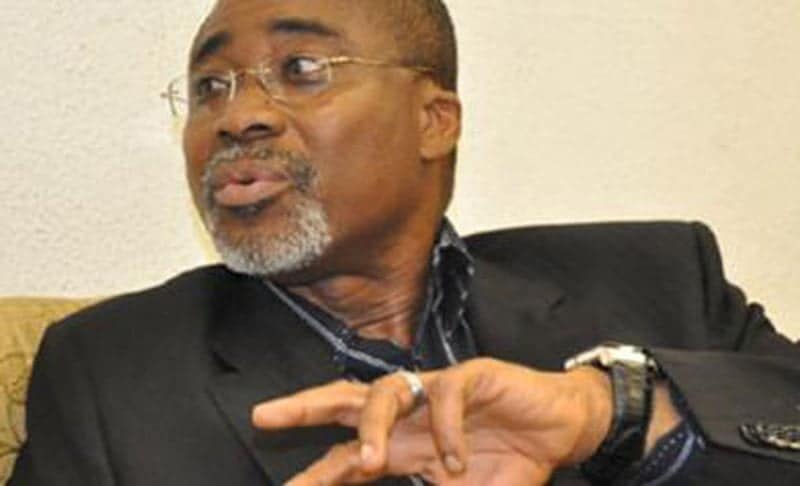ARTICLE AD
While the health sector is grappling with a significant workforce shortage, over 10,000 trained nurses and midwives are currently unemployed, Saturday PUNCH reports.
This is according to the data collated by the National Association of Nigeria Nurses and Midwives from state councils of the association on details of unemployed nurses and midwives.
NANNM is a non-governmental and non-profit organisation authorised to organise all professional nurses and midwives who are trained, registered and licensed to practice nursing profession at all the levels of healthcare delivery system in the country.
Nigeria is currently battling shortage of healthcare workers, allowing many patients to suffer the consequences of medical delays, postponed surgeries, and among others.
Experts attribute the ongoing shortage of healthcare personnel to poor working conditions, poor salary structure, insecurity, and limited opportunities for career advancement.
A total of 3,173 Nigerian-trained nurses and midwives were licensed to practise in the United Kingdom from April 1, 2023, to March 31, 2024, according to the Nursing and Midwifery Council.
Meanwhile, many of the unemployed nurses and midwives in the country face challenges such as bureaucratic hiring processes, lack of available positions, and limited government support for integrating new healthcare professionals into the healthcare system.
Advocates for the nursing and midwifery are, however, calling for immediate action to address the disparity, and urged policymakers to create more job opportunities, improve working conditions, and streamline the hiring process to facilitate the transition of new graduates into the workforce.
They, however, said with the rising patient demands, the need for qualified nurses and midwives has never been more urgent.
Speaking with our correspondent, the Deputy National President of NANNM, Abubakar Shehu, said there were many Nigerian nurses and midwives who were unemployed.
“People keep saying there are shortages of healthcare workers, but there are thousands of qualified nurses and midwives that are unemployed. When we were arguing about the issue of the verification portal, the government was complaining that the japa syndrome is adversely affecting the system, and that was why they closed the portal.
“We told them that we have a lot of nurses outside the labour market, that have been employed, and they said they didn’t know. So, to give prove it, we decided to ask each state council to bring the list of unemployed nurses in all their states and in the Federal Capital Territory. We had over 10,000 of them who are unemployed on the list we collated as of the last time we checked in early September.
“We are still collating the list. By the time we are done, we will submit the list to the Federal Ministry of Health and Social Welfare. If they really want to help the system to work, they will direct all the Chief Medical Directors and Medical Directors to make employment.
A registered but unemployed nurse in Kano, Nasiru Abdulsamad, expressed his frustration over his job search since graduating in 2023.
“I’ve applied to six health institutions, but I haven’t had any success. It’s been disheartening and frustrating to possess the skills and knowledge needed, yet be unable to use them. If I can’t apply what I’ve learned, I’m at risk of losing it.”
“Right now, I focus on continuous learning, but if the opportunity arises, I will leave the country because it feels like nobody cares. Earlier this year, the Kano state government called for applications for positions in a hospital, but there were only 25 openings for over 800 applicants, and we each paid N3,000 for the application forms. Just think of the profit from that.
“I’ll keep pushing forward, but it’s truly frustrating. If the government wants to help, they need to take action to strengthen our healthcare system,” Abdulsamad narrated.
Another unemployed nurse in Lagos identified simply as Tobi decried the ongoing challenges in securing a job.
“In Lagos, the competition is fierce. I’ve applied to hospitals and clinics, but most positions are filled before I even get a chance to be considered. The system seems overwhelmed. I spend my time volunteering and taking online courses to stay active, but it’s hard not to feel disheartened. I wish the government would recognise our plight and come to our rescue,” she said.
The Deputy National President of NANNM explained that if the government employs and takes care of the workforce, they will remain in the country.

 1 month ago
4
1 month ago
4 

